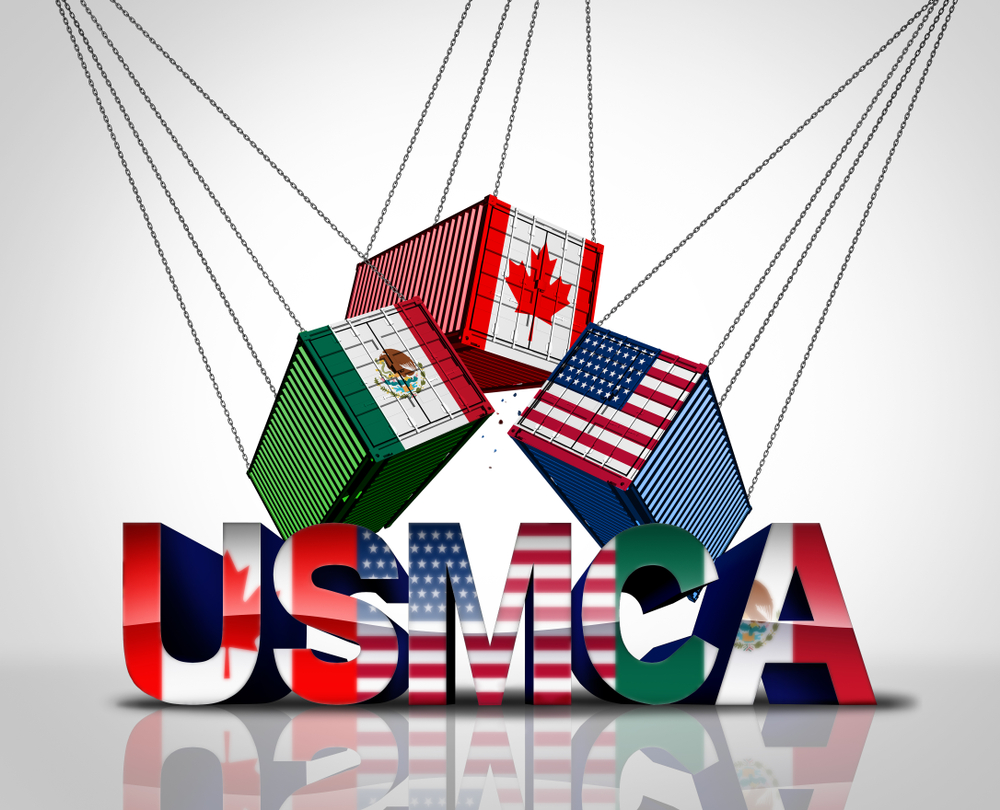By: Luis Gerardo Ramírez Villela
The US – Mexico – Canada Agreement (USMCA) is the trade agreement entered by and between the parties on July 1st, 2020, and has been highly discussed on its implications and future amendments since its execution and more recently mentioned before the U.S. election process to be held on November 5, 2024.
One of the most important topics related to USMCA is the upcoming review of its terms and conditions in 2026, where the United States of America and Canada want to focus on the dispute resolution mechanisms, climate change and the nearshoring process.
It should be noted that there have been several disputes in recent years related to the business operations between all countries and that there have been differences amongst them for how those matters have been handled by the Mexican government.
Furthermore, recently and the most concerning issue so far has been related to the automotive industry where manufacturing has been an issue for both presidential candidates and where we should be expecting some changes soon.
In this respect, it should also be considered that the establishment in Mexico of Chinese automotive factories has also raised concerns and attacks by candidate Donald Trump and whose proposed solution consists in imposing high tariffs to vehicles to be imported from Mexico and which could create a potential conflict between the USMCA parties.
To the extent there are tariffs imposed to Mexico to prevent the concurrence to the domestic market of merchandise under conditions that imply unfair practices of international trade, that would not only affect the automotive industry in Mexico but also may have an impact on both Canada and the United States of America and even a potential dispute for such tariffs.
The above, without taking into consideration that the most affected will be the consumers of the automotive industry which will, eventually, pay for those tariffs since those are passed on to consumers.
The revision of the USMCA for 2026 will need to be reasonably planned and structures between the parties for purposes of reaching agreements that will benefit all of them and permit the growth of the region and adapt to the nearshoring era and the recent climate, economic and political conditions worldwide.
Note should be taken that pursuant to the USMCA, the parties will continue having the faculty of cancelling the treaty in the future.









